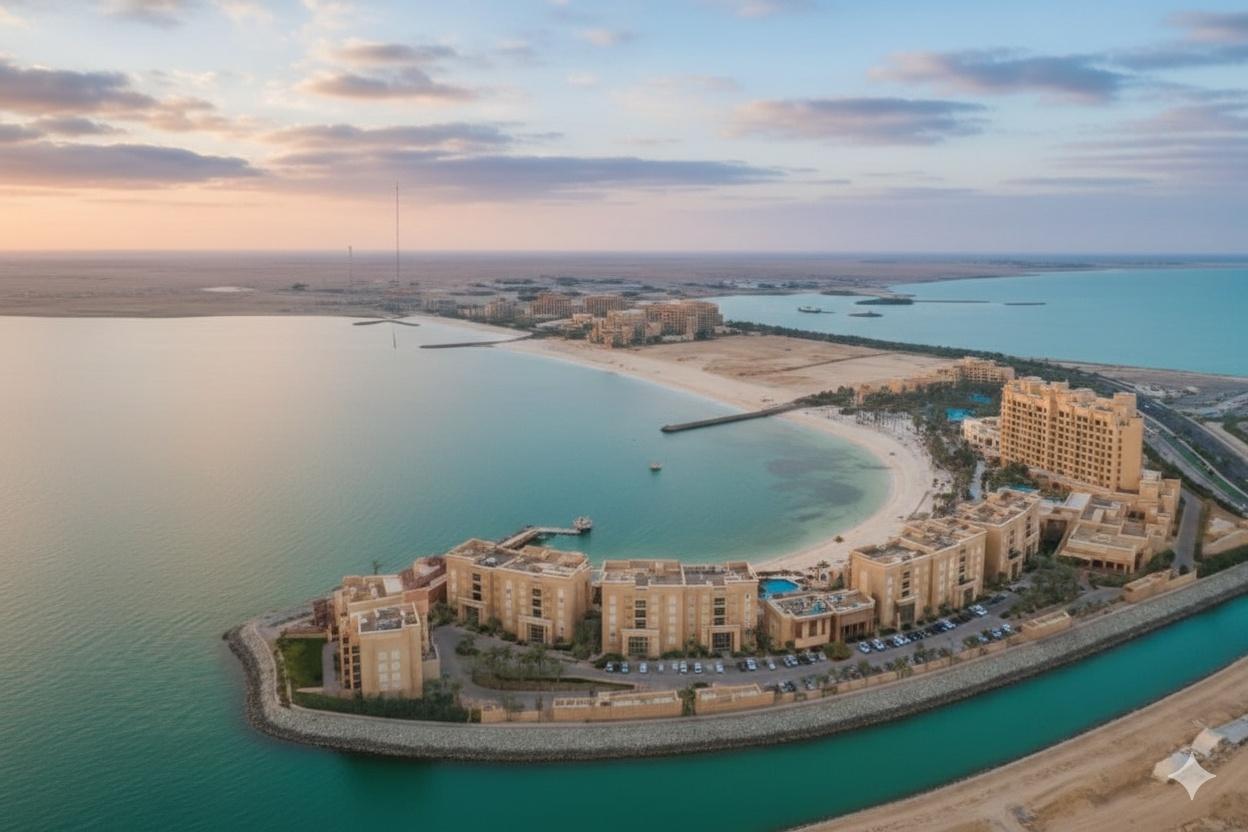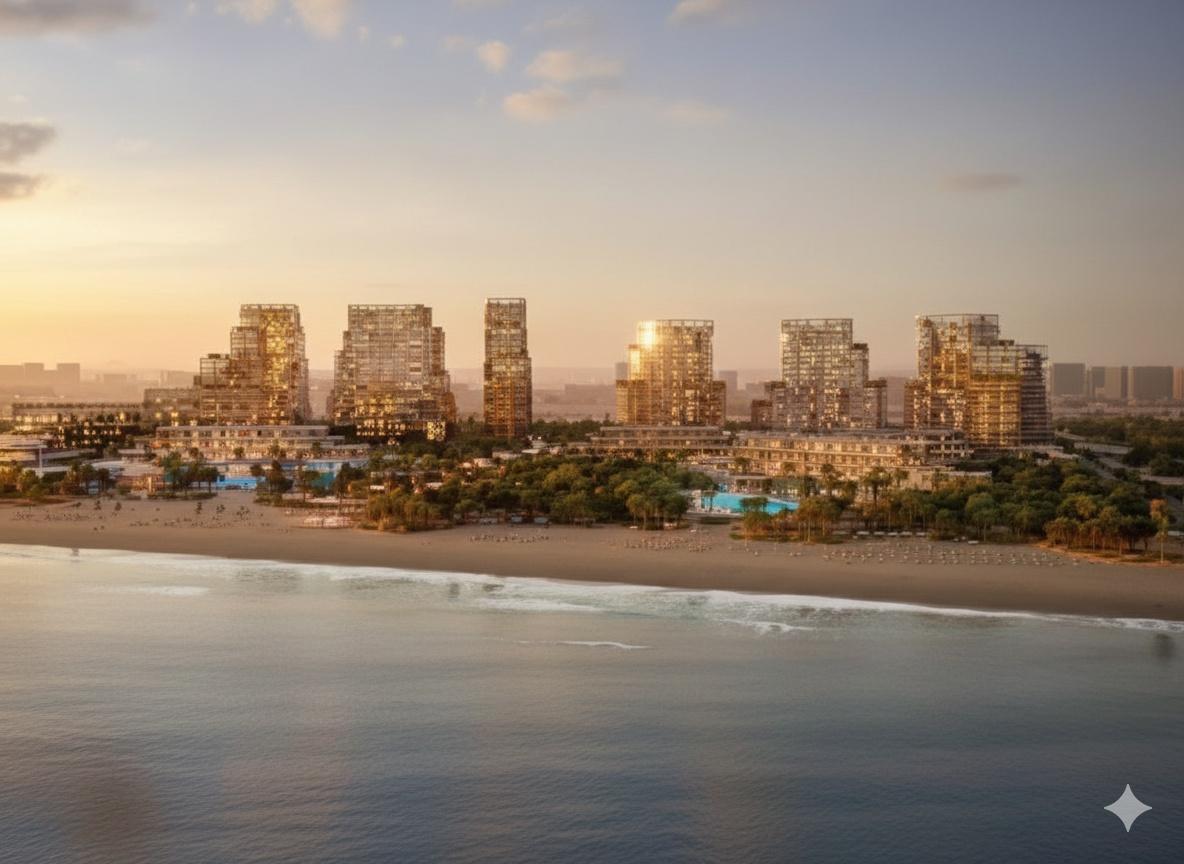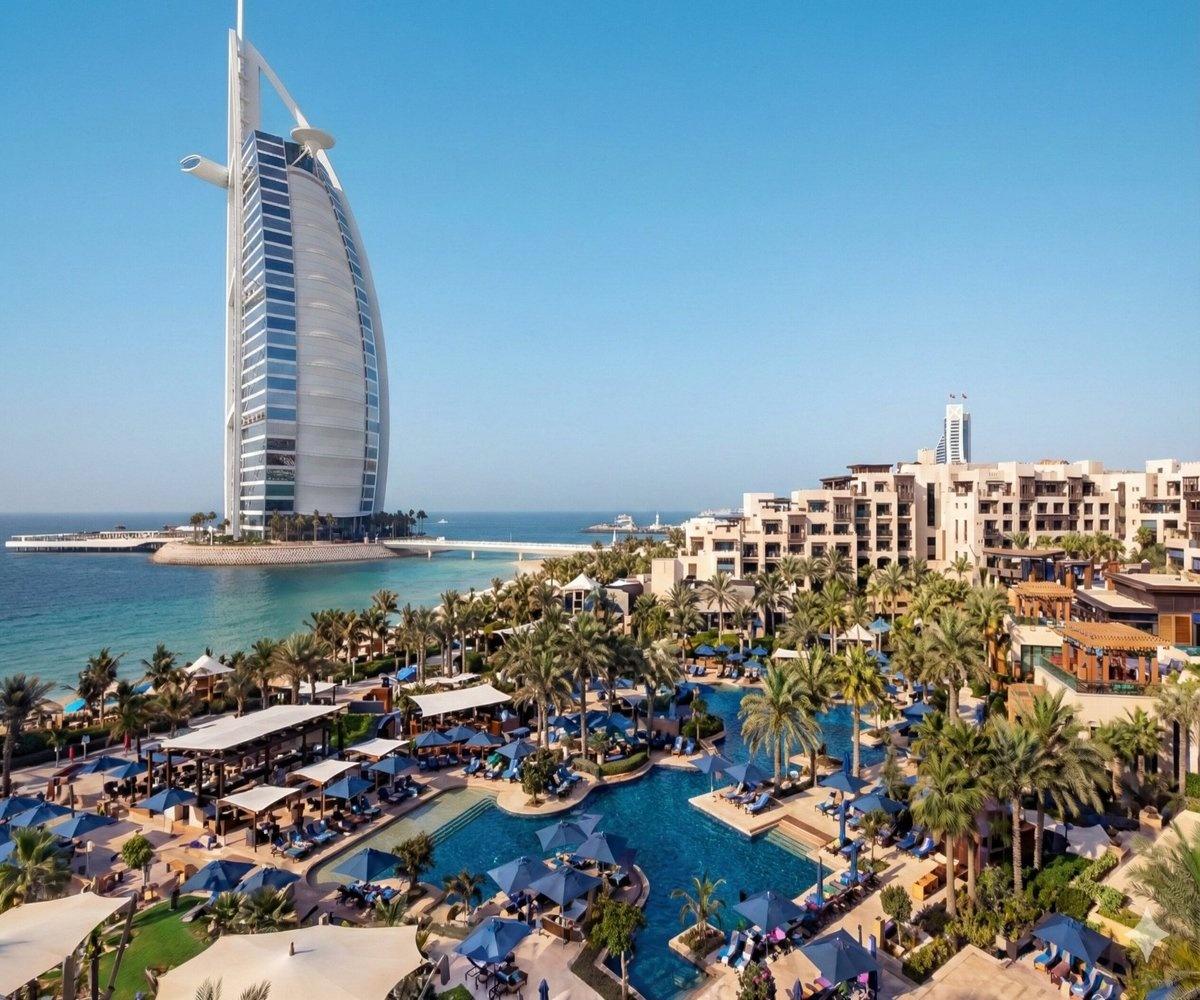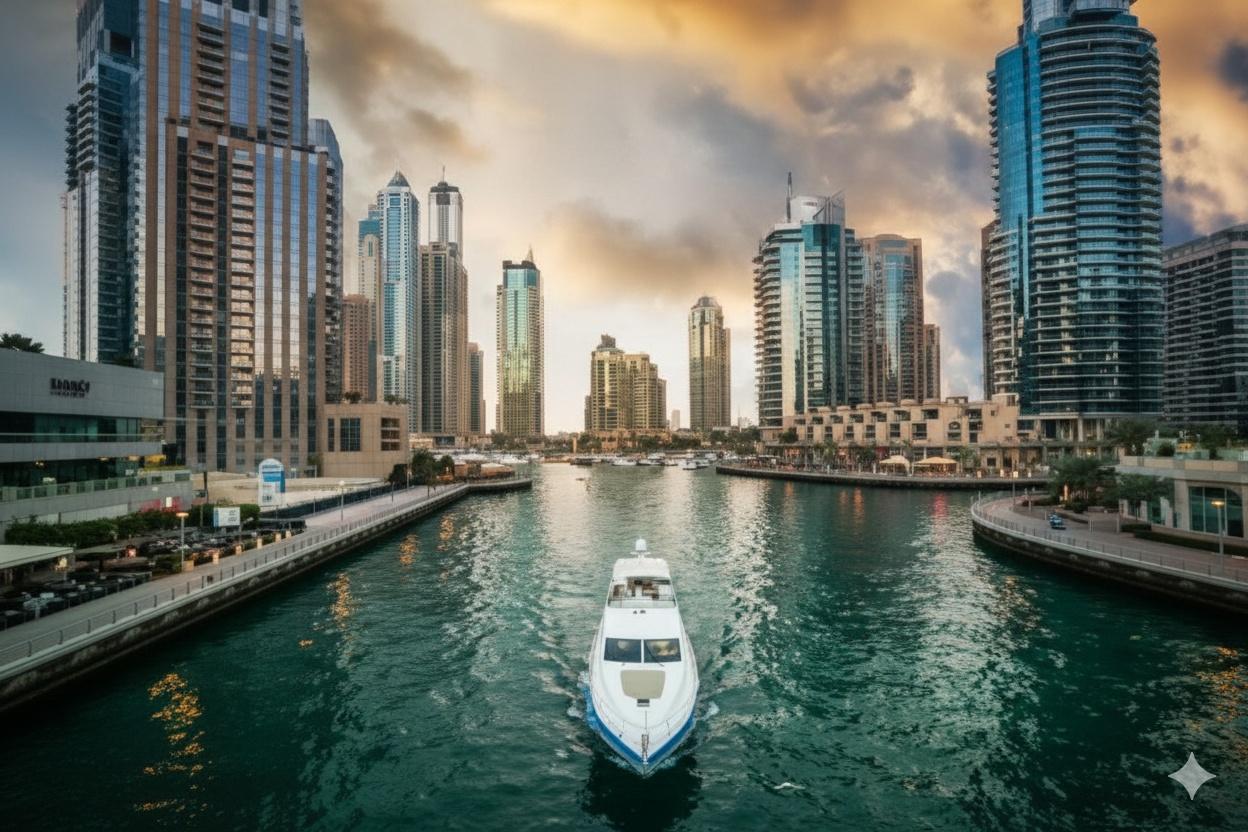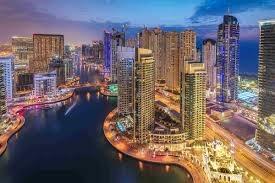
GCC Real Estate Transactions Surge 20%, Driven by Dubai’s $38.7B Sales and Abu Dhabi’s 34.5% Growth
The GCC real estate sector recorded a stellar performance in Q1 2025, reaching $78.2 billion in total transactions—up between 20.5% and 22.3% from the same period last year, according to Sakan. This follows an impressive $383 billion in transactions in 2024, a 25% annual growth.
Dubai continues to dominate the regional market, posting $38.7 billion in sales—almost half of the GCC’s total—and achieving a 23.4% year-on-year growth. Saudi Arabia ranked second with $20.3 billion in transactions, capturing 26% of the market share.
The UAE, comprising Dubai, Abu Dhabi, Sharjah, and Ajman, accounted for 65% of the region’s total real estate value, reaffirming its leading role in the GCC’s property boom.
Abu Dhabi recorded the highest growth across the region, with transaction values surging by 34.5% to AED 25.3 billion ($6.89 billion) over 6,896 deals. Notably, mortgage activity in Abu Dhabi soared by 49% year-on-year to AED 9.8 billion across 3,077 transactions.
What’s Driving the Boom?
A major catalyst behind the real estate surge is the region’s population growth. Urbanization is accelerating, with 84.3% of the GCC population expected to live in cities by 2030. Dubai’s population alone has doubled between 2010 and 2024 to 3.83 million, and it’s projected to add 2.5 million more residents by 2040.
Expats, who make up 52% of the GCC's population, are also reshaping the market. More expatriates are buying homes and setting up businesses, rather than merely renting, driving demand for residential sales. Dubai responded by offering 457 plots for freehold conversion in January 2025 to attract even more expat investors.
An expert said, “With AI enhancing real estate transactions and the sector serving as a safe haven for investors, we expect the momentum to continue through 2025.â€
